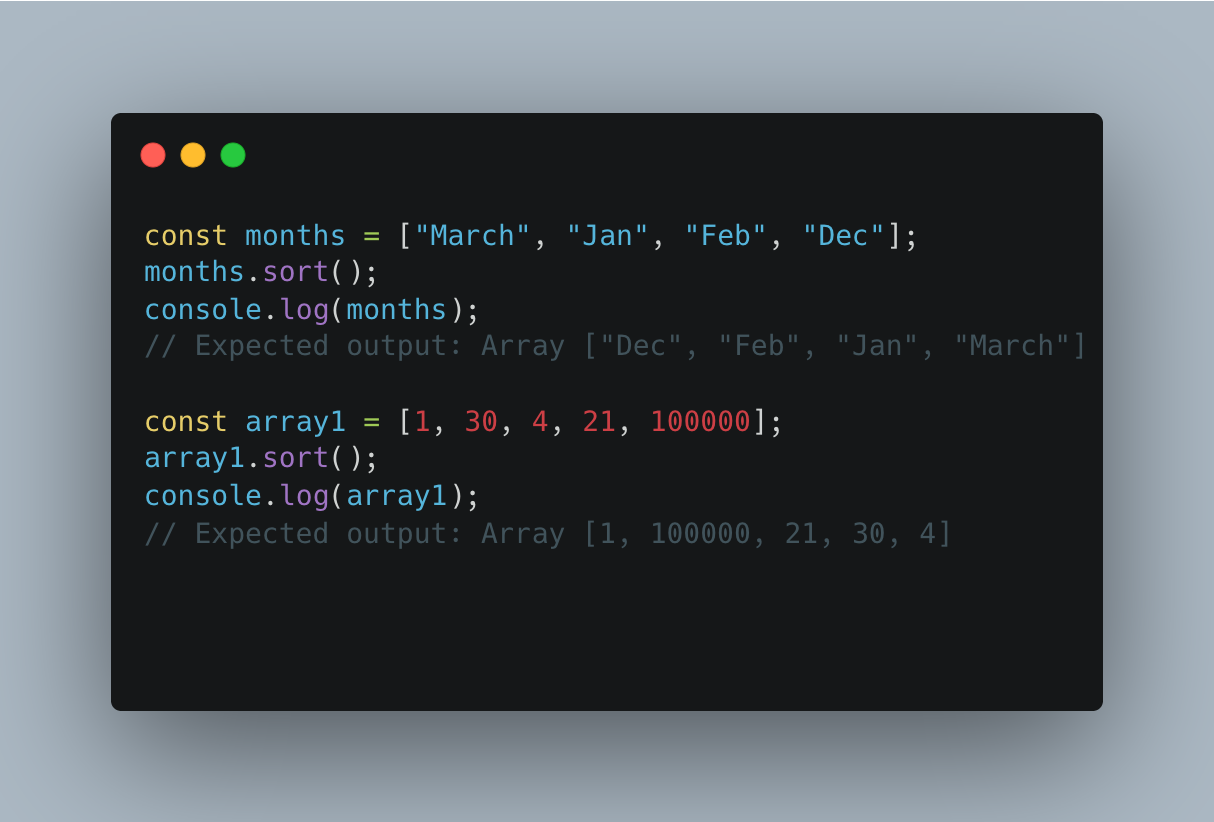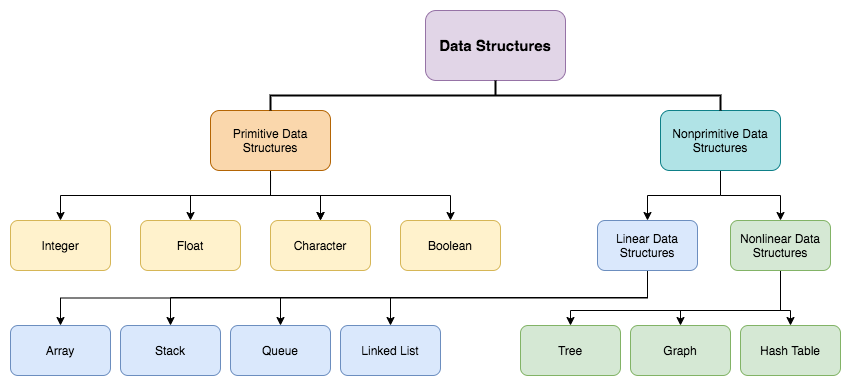In recent years, a prominent debate has arisen among frontend developers: Is it essential to learn foundational computer science topics like data structures and algorithms? This discussion is fueled by differing perspectives. On one side, some developers feel this knowledge isn't necessary for their daily tasks, while on the other, many argue it's crucial for career growth, professional advancement, and optimizing complex modern web applications.
The Realities of Frontend Development
Typical frontend development rarely demands explicit knowledge of intricate algorithms. JavaScript frameworks and libraries such as React, Angular, and Vue generally abstract away complex computational logic. Common tasks, like sorting or filtering, usually rely on built-in methods such as JavaScript’s highly optimized Array.sort(). Similarly, frameworks handle DOM manipulation and diffing internally, which enables developers to concentrate more on designing intuitive user interfaces and enhancing user experiences rather than dealing with algorithmic intricacies.

Furthermore, most frontend applications don't directly manage massive datasets, meaning the efficiency gains from advanced algorithmic implementations are minimal. For example, tasks such as managing a small user list or displaying filtered product results typically do not show noticeable performance improvements from highly optimized sorting or searching algorithms. Consequently, many frontend developers understandably question the practicality of investing extensive time learning deeper computer science fundamentals.
Situations Where Computer Science Fundamentals Matter
However, disregarding computer science fundamentals altogether ignores several critical scenarios where such knowledge proves invaluable. Frontend applications that involve heavy graphical processing, interactive visualizations, real-time data rendering, and detailed animations require meticulous optimization. For instance, animations that aim for smooth performance at 60 frames per second must ensure each frame renders in under 16 milliseconds learn more about animation performance. Even a slight delay can significantly disrupt user experience.
In these performance-sensitive contexts, understanding basic data structures can drastically improve efficiency. For instance, replacing linear searches through arrays with constant-time lookups using JavaScript Maps or plain objects provides substantial speed benefits. Knowledge of these fundamental optimizations isn't particularly complex yet is essential for developers who aim to enhance performance effectively. Additionally, familiarity with algorithmic efficiency enables better scalability and code maintainability, critical for frontend applications as they grow and evolve.
The Importance of a Balanced Approach
Rather than diving deeply into intricate theories, frontend developers should strive for a balanced, practical understanding of essential computer science concepts. A targeted learning approach might include:

- Big O Notation: Enables developers to quickly compare and understand algorithm efficiency and make informed decisions regarding performance trade-offs.
- Basic Data Structures: Knowledge of arrays, maps, sets, queues, stacks, linked lists, and their respective use-cases allows developers to choose the right structure for a specific scenario.
- Fundamental Algorithms: Mastering binary search, quicksort, merge sort, recursion, and basic dynamic programming techniques provides solid foundational skills.
Beyond these basics, gaining knowledge about graph theory, tree traversal, and more complex algorithmic patterns can greatly benefit developers working on applications requiring detailed state management, complex DOM interactions, or extensive data manipulation.
Practical Applications of Algorithmic Knowledge in Frontend
Having foundational algorithmic skills empowers developers in multiple scenarios. For example, optimizing client-side search functionality within large datasets or enhancing the performance of complex animations can directly benefit from understanding efficient data structures and algorithms. Real-world applications like interactive dashboards, gaming interfaces, real-time collaboration tools, or data-intensive visualizations all gain noticeable performance improvements through these principles.
Recommended Learning Resources for Frontend Developers
Several excellent resources are available to frontend developers seeking foundational or advanced computer science knowledge:
- Grokking Algorithms by Aditya Bhargava: Ideal for visual learners, this book simplifies complex algorithmic concepts through intuitive explanations and engaging illustrations.
- Cracking the Coding Interview: A valuable resource for developers preparing for technical interviews, offering comprehensive strategies, common questions, and clear explanations of fundamental algorithms.
- Introduction to Algorithms (MIT Press): An in-depth and rigorous textbook, perfect for developers looking for extensive and thorough coverage of algorithms and data structures.
Online Courses and Practice Platforms
For developers who prefer interactive or video-based learning, several platforms offer comprehensive and accessible courses:
- Frontend Masters: Features an extensive free course by ThePrimeagen, along with additional advanced content available for paid subscribers, providing structured, detailed instruction.
- freeCodeCamp: Offers a beginner-friendly five-hour course freely accessible on YouTube, providing a practical and approachable introduction.
- Leetcode: An interactive coding platform that includes realistic algorithmic challenges, enabling developers to practically apply theoretical knowledge and improve problem-solving skills through hands-on practice.
Incorporating Algorithmic Thinking into Daily Development
Beyond formal study, integrating algorithmic thinking into everyday development tasks can yield substantial long-term benefits. Frontend developers can regularly analyze their code performance, assess data structure usage, and evaluate algorithms in practical scenarios. Incorporating occasional performance reviews or algorithmic audits during code reviews and development cycles helps ensure continual skill improvement and codebase optimization.
Conclusion
While deep expertise in computer science isn't mandatory for frontend developers, foundational knowledge of data structures and algorithms significantly enhances their effectiveness. This balanced understanding equips developers with practical tools to optimize performance, improve scalability, and maintain high-quality, maintainable frontend applications. Ultimately, developers who combine frontend expertise with basic algorithmic insights are well-prepared for future challenges and opportunities in the ever-evolving web development landscape.